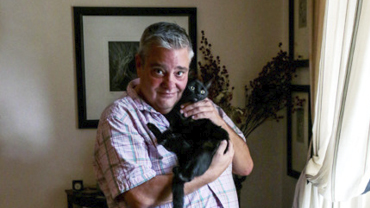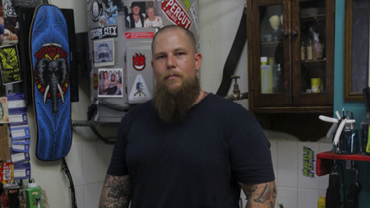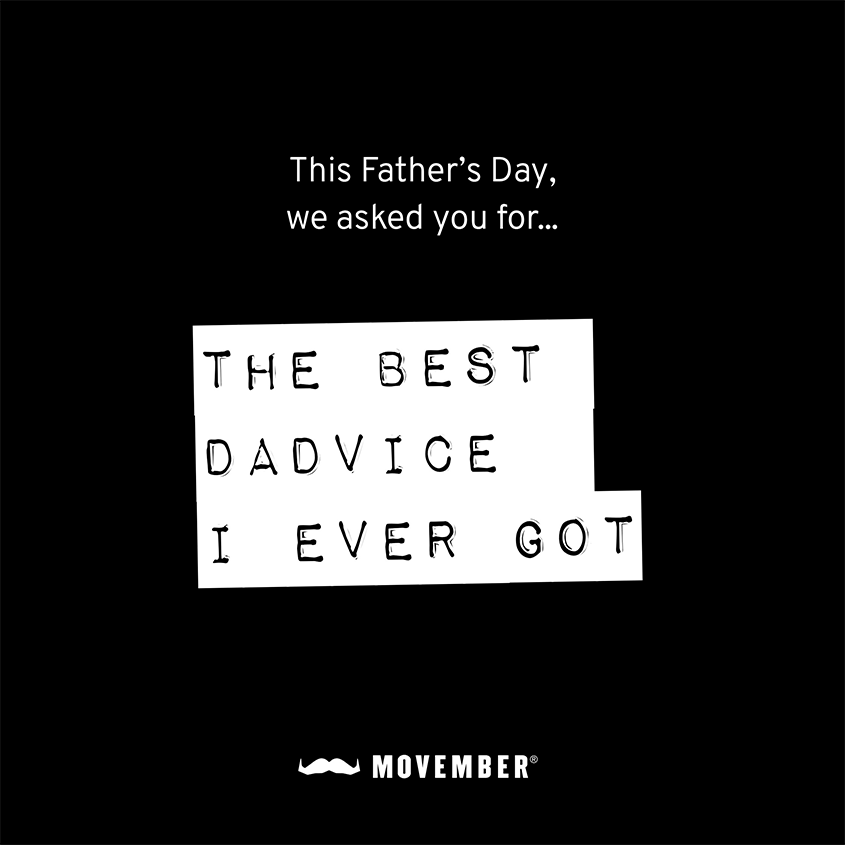When I went in for a vasectomy in March 2018, I asked my urologist if there was any connection between prostate cancer and vasectomies. He said there was no causal effect, but rather, prostate cancer was often diagnosed during a vasectomy. During his physical exam he didn’t feel anything out of the ordinary. Since I was only 47, he suggested I was fine and there was no need for additional testing. But I knew my family history of prostate cancer (and I’m somewhat of a hypochondriac, especially since becoming a father) and so I insisted on further blood tests to rule out the disease.
My maternal grandfather, Howard Singleton, was one of my favorite people in the world. He died of prostate cancer at age 75. Most of his brothers and even some of his nephews had it, so I always knew I was predisposed.
My initial blood test came back with an elevated PSA level of 3.9. We did my blood work again, and again it was elevated. An MRI and a biopsy later, I learned that I had Stage 1 prostate cancer.
The day I found out I had cancer was not that bad of a day. I was all tough guy, you know, John Wayne I’ll kick cancer’s ass and anybody who looks like him. But that night, I went to sleep and woke up a scared little boy – one who had no idea what to do or how to even get from one minute to the next. I had my family and a handful of good friends to talk to in those hours, but what I really wanted was compassion from somebody who didn’t owe me anything. I needed to talk to someone who understood where I was but had no connection or relationship with me.
I knew of Movember only because of the moustaches guys grow in November to raise awareness. I will never forget the kind voice I heard when I called Movember the day after my diagnosis. I don’t even remember what we talked about, it was just that I could pick up the phone and know that someone was there for me. That call meant the world to me. Now that I am on the other side of this thing, I want to be that voice of compassion and understanding for brothers out there going through the same thing.
 Since I was diagnosed so early, I was able to have a nerve-sparing prostatectomy. In January 2019 the cancer was undetectable and I’ve required no further treatment. Once you go through life-changing circumstances you begin to realize there’s a different meaning of life: it’s about being there for the ones you love and who love you, treasuring those good times with friends and family, and creating new memories – because in the end, all we have are our memories. That is living life, if you ask me.
Since I was diagnosed so early, I was able to have a nerve-sparing prostatectomy. In January 2019 the cancer was undetectable and I’ve required no further treatment. Once you go through life-changing circumstances you begin to realize there’s a different meaning of life: it’s about being there for the ones you love and who love you, treasuring those good times with friends and family, and creating new memories – because in the end, all we have are our memories. That is living life, if you ask me.Movember has given me this huge platform to tell my story in hopes that it helps others. I had help from friends who went through a similar journey. They talked aboutit and created awareness that influenced me to push for further testing. I definitely feel that I should pay that forward. What an easy way to help!
ERIC’S ADVICE FOR OTHERS ABOUT PROSTATE CANCER
- “If you have a family history, assume you have prostate cancer until doctors tell you otherwise.” That’s what I told my brother. I told him to know his PSA level in order to see how it trends from year to year. And I tell the same to my friends and people I meet. In particular, I share this knowledge with men of color: we are 70% more likely to get prostate cancer and twice as likely to die from it. The good news is that you can find out today if you have prostate cancer, get it treated and go on to live a long, heathy life.
- Check out Movember’s guide with tips on starting a conversation about your family health history and risks of prostate cancer
- If you need further testing, the biopsy is no joke. My advice is to practice a breathing technique: five-count inhale, five-count exhale, repeat. Once you make it through the biopsy (and if you’re subsequently diagnosed with cancer), just know that you’ve probably been through the most uncomfortable part.
- Erectile function is something most men, me included, associate with their masculinity. It was something I was very worried about. Early detection allowed me to have a nerve-sparing prostatectomy, meaning I got to keep the nerves that control erectile functions. Another great reason to get tested for early detection!










